CEDAR is affiliated with the Psychosis Research Program (PRP) housed at the Massachusetts Mental Health Center (MMHC) and Beth Israel Deaconess Medical Center (BIDMC). The PRP was formally known as the Commonwealth Research Center (CRC). The CRC was founded in 1988 by the Massachusetts Department of Mental Health (DMH) to address the need for cutting-edge biological and treatment research on schizophrenia and related psychotic disorders. The CRC has been a “Center of Excellence in Clinical Neuroscience and Psychopharmacological Research” funded by the DMH since 1993. Now known as the PRP, the PRP is administered by the BIDMC Dept of Psychiatry, a teaching hospital for Harvard Medical School. The PRP is remembered by our previous director Larry J. Seidman, Ph.D., who had been the director since 2002. We are now led by Dr. William Stone, Ph.D.
The studies below are the studies most related to CEDAR, and are focused on learning more about the difficulties that might lead someone to come to CEDAR for treatment and learning more about novel treatment interventions.
Family Treatment Study
Understanding Prodromes and Lowering Risk in Family Therapy (UPLIFT)
We are seeking young people concerned about the possibility of developing psychosis and their families (parents and siblings) to participate in family-focused treatments to determine if they can help with the young person’s mental health concerns.
You may be eligible for this study if you are:
- Age 12-25
- Willing to participate with at least one other family member
- Noticing a recent change in thinking, behavior, or experiences, such as:
- Confusion about what is real or imaginary
- Feeling not in control of your own thoughts
- Feeling suspicious or paranoid
- Having trouble communicating clearly
- Having experiences that may not be real, such as hearing sounds or seeing things that may not be there
For more information, contact Response to Risk Research at responsetorisk@bidmc.harvard.edu or 617-209-9169. Or visit us at: www.responsetorisk.org
Brain Energy Study
We are studying:
- energy metabolism in the brains of people who are experiencing recent changes in thinking, mood, or behavior,
- if/how the energy metabolism changes over time, and
- how/if it compares to non-symptomatic children and adults.
Who can participate?
If you are 15-30 years old and are experiencing recent changes in thinking or mood, such as:
- Feeling like your eyes/ears/mind is playing tricks on you
- Feeling confused about what is real and what is not
- Feeling suspicious of other people
- Withdrawal from friends and family
- A decline in self-care/personal hygiene
- Feeling more anxious, depressed, or out of touch
- Becoming overly fixated on certain ideas that other people may not
- A decline in school/work/social functioning
For additional eligibility requirements, visit: https://www.responsetorisk.org/brain-energy
Time commitment: The entire study lasts 2 years and consists of an initial evaluation to determine eligibility for Clinical High Risk, followed by 3 visits over the course of the two years. Visits include clinical interviews, blood draws, and MRI scans.
Compensation: You will receive a total of approximately $1110 for completing the 2-year study ($370 per visit)
For more information, contact Response to Risk Research at responsetorisk@bidmc.harvard.edu or 617-209-9169.
Individualized Vocational and Educational Support and Training (InVEST)
InVEST is a school and work coaching program designed to help teens meet their school and work goals. In InVEST, teens can learn different skills and strategies that may help them meet their goals by developing organization skills and strategies to manage stress and procrastination.
Am I eligible to participate?
- Participants must be between 12 and 18 years old and have experienced recent changes in thinking, mood, or behavior, such as:
- Starting to feel like your eyes/ears/mind are playing tricks on you
- Feeling confused about what is real and what is not
- Feeling suspicious of others
- Withdrawal from friends and family
- Drop in self-care or personal hygiene
- Feeling more anxious, depressed, or out of touch
- Becoming overly focused on certain ideas that other people find odd
- These new changes are causing problems in school, work, or attention
What’s involved in the study?
- A comprehensive diagnostic assessment
- 4 months of weekly, 1-hour sessions focused on organizational skills, stress-management, and goal initiation with a school and work coach
- You may get paid up to $160 ($40 dollars for the screening assessment, $40 for the baseline assessment, $40 for the follow-up assessment, and $40 for the focus group)
For more information, contact Response to Risk Research at responsetorisk@bidmc.harvard.edu or 617-209-9169. Or visit us at: https://www.responsetorisk.org/invest-school-coaching-study
